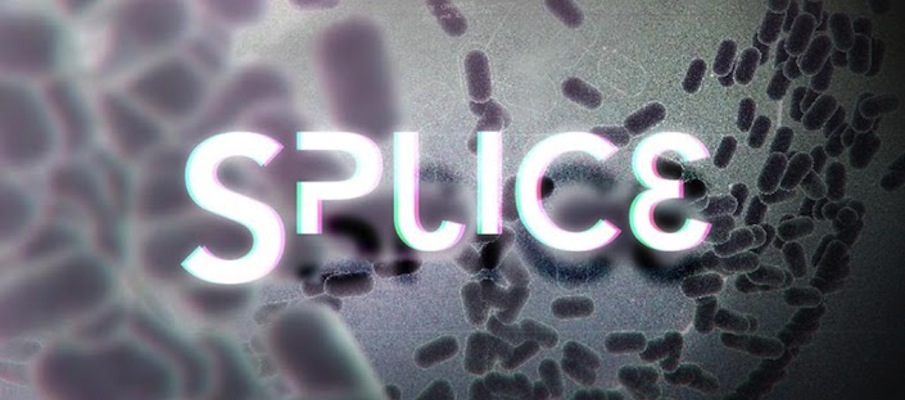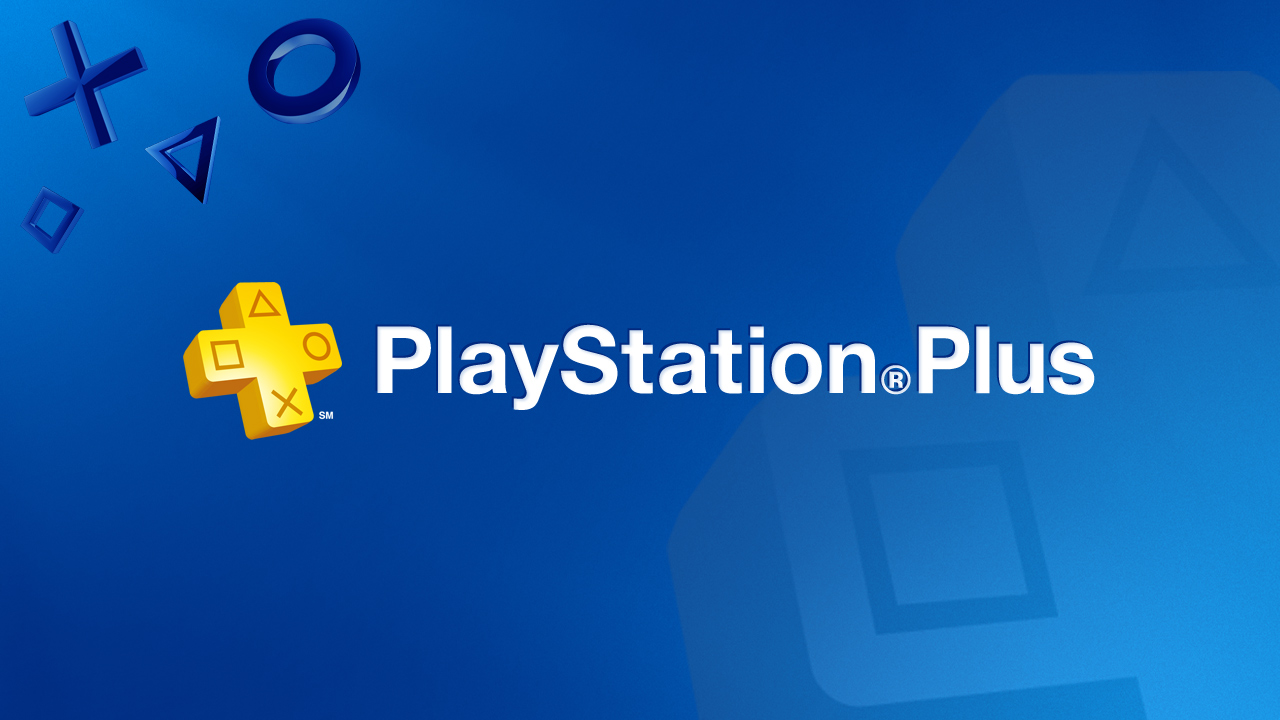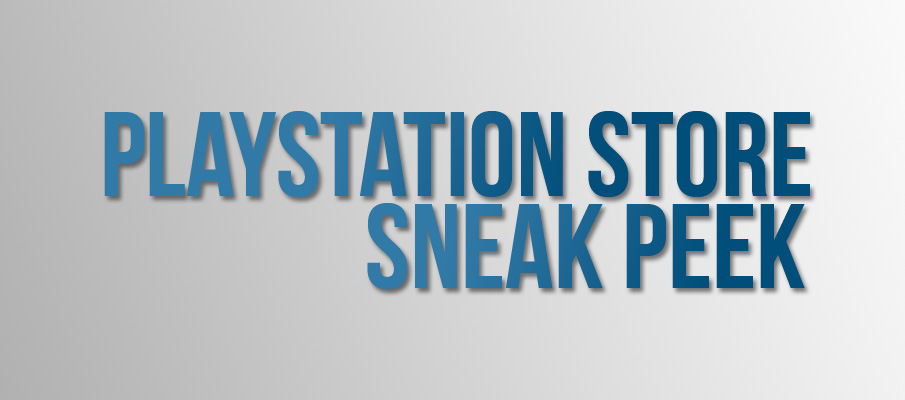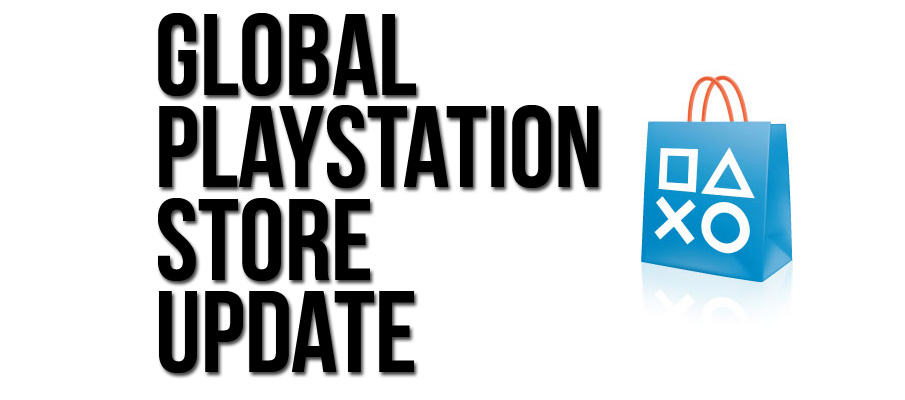
Developer Q&A: Splice is Angelic
Posted by Nick K on July 18th, 2013 | 0 Comments | Tags: Splice
Cipher Prime was at E3 2013 showing off their next PSN title called Splice. I spoke with Nikkolai Davenport, Developer / Studio Manager at Cipher Prime, about Splice. It was there that he agreed to do a Q&A to tell our readers more about Splice. After E3 I sent him some questions about the game, the studio, and the industry. If you’ve never experienced Splice on any other platform, Nikkolai tells you everything you need to know about the game on PSN.
Q: We met for the first time at E3 2013, and it turns out we both were Sony testers working on FTB for PSP. You’re now an indie game developer. Describe how you came to realize that you wanted to MAKE the games and no longer TEST games?
Haha! I don’t think you ever really get away from test. Once a tester, always a tester, right?
Actually, I didn’t have any desire to leave test at the time. It was my first job in the industry, and I was quickly learning about game development and the production pipeline just from working in First Party QA for PlayStation. Had my situation been different, I might have stayed in QA and worked toward a supervisor or producer position. As a contingent tester though, you’re not eligible for hire during a 90-day period between contract positions after 12 to 18 months of work. So when my time came up, I decided it was time to try something new.
Q: How did the team at Cipher Prime come together?
Will Stallwood and Dain Saint are really the stars of this show. They started it all. Will and Dain met by chance at a party years ago. Neither one was really satisfied with their job at the time, and both were on the lookout for new opportunities. After trading stories and portfolios, they decided to partner up and start their own media company. This chance meeting sparked the formation of a partnership that would lead to the production of four award-winning games across a multitude of platforms in just five years.
The team has grown since. We’re up to five full-time developers now, and three interns. I started out as an intern when I moved from San Diego to Philly two years ago. Andrei Marks joined up just a short time there after, also as an intern. We were both hired on full-time early last year leading up to the launch of our Kickstarter project for Auditorium Duet. We knew that for Duet, we were also going to need a fifth person to help lead development on the project, someone more knowledgable about coding than any of us were. That’s when Aaron Chapin joined the team as our lead programmer.
Q: What kind of game is Splice? Tell us how it has has evolved from concept to consumer product. What has the reception been like in the mobile space?
Splice, at it’s core, is a puzzle game. And a beautifully made one at that, if I may say so. But it’s also a game of exploration and experimentation, and draws upon strategy to solve some of the more difficult puzzles. Especially ones with “Angelic” solutions.
For the most part, the game maintained the original look and feel we established with the initial prototype developed in the first two weeks. Most of our time was spent building puzzles. We made hundreds of puzzles. Those that didn’t fit the natural progression of the game, or were too daunting or too simple, or just weren’t visually stimulating enough were cut from the game. With seven puzzles (or Strands) per Sequence, and seven Sequences in the Origin Series, plus four more in the Epilogue, there are 77 levels total in the game. The user interface also saw a lot of changes over the course of the project. But all throughout, there existed the guiding influence of simplicity and elegance in design. We’d make changes, then bounce them off the focus testers and see how well they stuck. We spent weeks testing.
If there’s one bit of advice I can give, it’s to start testing early. I don’t think we started early enough. The feedback is crucial. We went through dozens of iterations just tuning the gameplay and the interface to get the experience we wanted to see from the player.
Splice was originally developed for Mac and PC, and launched on Steam in June 2012. When we launched for the iPad on eve of PAX Prime, we couldn’t have hoped for a better response from players. Being able to touch and drag Splice nodes around the surface provided a sense of instant gratification. With one less layer of abstraction, the interface was that much more intuitive and responsive. It was a perfect pairing of application and technology.
Splice was in Apple’s Best of 2012 selection for both the iPad and the Mac App Store, and was nominated for close to a dozen awards by PocketGamer. The Android market has been just as receptive since Splice’s debut through the Humble Bundle.
Q: Now that you’re making it for PS3 deliverable via PlayStation Network, what changes or additions can we expect?
Gamers who have played Splice before can expect much of the same. Splice has maintained content consistency across all platforms. The big focus for us in bringing Splice to the PS3 is to make sure it feels natural for the platform. That means re-engineering the interface to fit the controls. This is our first time developing for a gamepad, and we want to make sure we get it right with the DUALSHOCK®3. We also want to support PlayStation®Move controls since it works so intuitively with the existing interface.
Q: What sort of challenges have you experienced while developing for PS3?
After having already optimized for mobile platforms, building for the PS3 has been a relative cake walk, with no small thanks to Unity. Because of Unity’s cross platform portability, we were able to get a working version of Splice running on the PS3 as soon as we got the dev environment set up. There were a few things unique to the platform that needed special attention, but were quick to fix.
The most challenging part of the experience has been getting up to speed with the process and protocols SCE has setup for publishing to the various platforms and regions. Lots of forms involved. Forms are used to help keep track of steps throughout the process and serve as a means of communication between departments. For an organization as big as Sony, it’s hard to imagine how they might simplify the system. But whenever we get lost, the good folks at Third Party Relations and Release Management have been quick to point us in the right direction.
Q: I commented that Splice would look amazing on Vita with the touch interface not unlike the mobile releases. What is the chance we’ll get Splice on Vita? PS4?
Chances are pretty good, but it hinges on when Unity will begin offering support for building to those platforms. Splice was built entirely in Unity. We’ve been using Unity for a little more than two years now, and will continue to use it for all projects moving forward. Including our upcoming title Auditorium Duet.
Q: You gave me three business cards, one of which says that your title is “Resident Bad Boy.” While I believe this is a legit position to hold at Cipher Prime, what are your duties?
Haha! Yeah, “Resident Bad Boy” is my “earned” title. I didn’t get to pick it, and we all have one.
Duties around the shop are shared for the most part. We each specialize in a few areas, but we know enough to take over for anyone else should they happen to be out of the office or in need of help with their tasks. I myself handle PlayStation and Steam platform development tasks. I also help with design related tasks, like level design and particle systems. In addition to development tasks, I also take on the duties of a studio manager. I keep the shop in working order, and am the person to go to if you need anything.
Q: What was you’re favorite highlight or game from E3 2013? Did you pre-order a PS4 or other?
I poured hours upon hours into the first iNFAMOUS. I can’t wait to get my hands onto iNFAMOUS Second Son. The game looks amazing! I haven’t pre-ordered any next-gen systems yet. But when I can afford it, I will be picking up a PS4.
Q: Can you tell us what you’re plans are for the future? Will you guys continue to make games for PlayStation consoles?
We certainly hope so. Both Sony and Unity have been super helpful in getting us this far. Our current title in development is Auditorium Duet, the successfully Kickstarted co-op multiplayer sequel to our award-winning, particle-puzzler music game Auditorium. We hope to bring Duet to all three PlayStation platforms, but we still have about a year left in development. Be sure to check in on us at CipherPrime.com and follow us via our twitter handle @cipherprime for all the latest news and updates.
I want to thank Nikkolai Davenport for finding the time to answer my questions. I was actually quite impressed with the game at E3 and look forward to seeing it hit the PlayStation Store sometime in the near future. Please leave us a comment or question below. For more on Splice and other upcoming PlayStation Network titles, keep checking in with PSNStores.com.




















